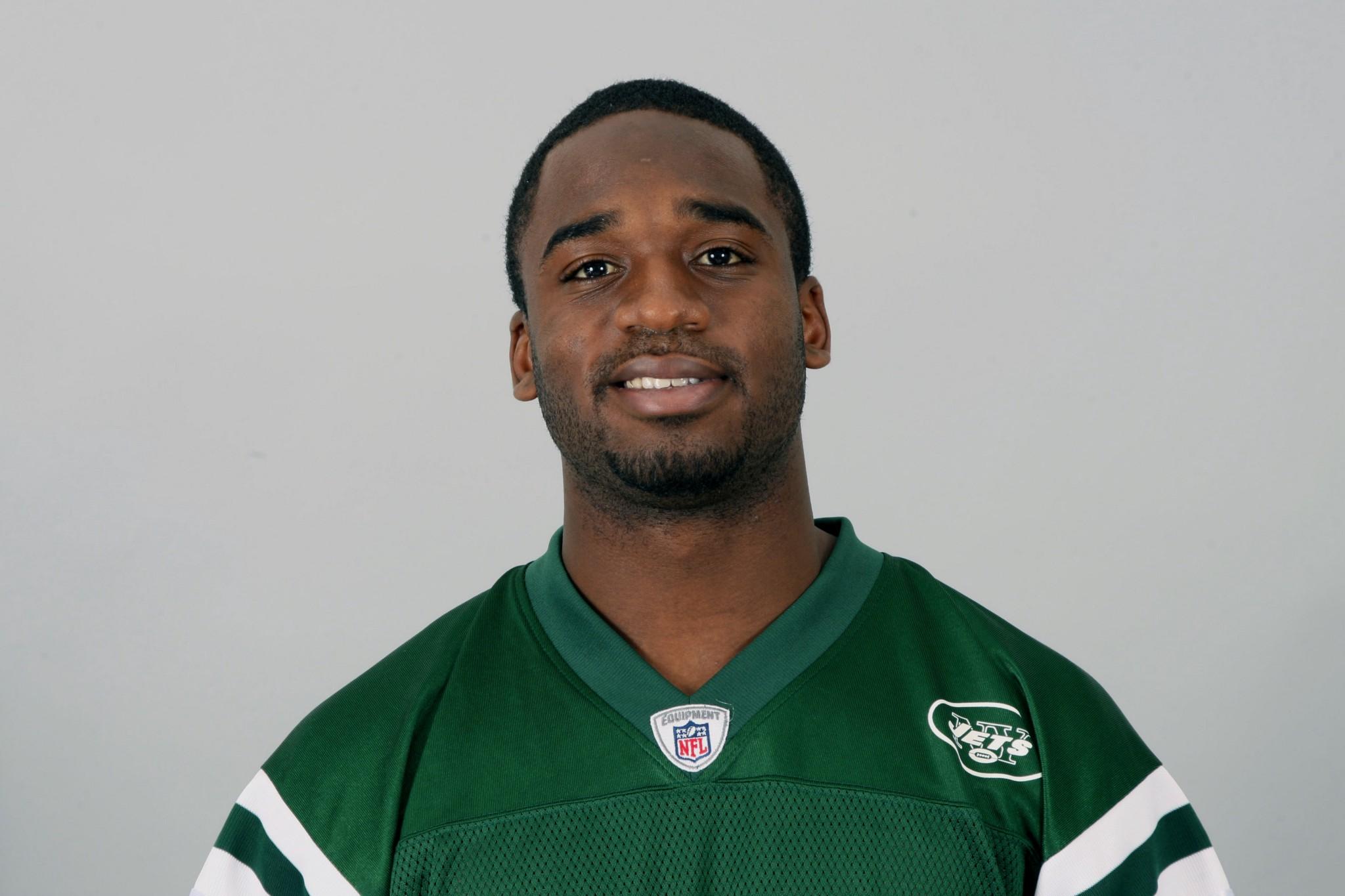Jury For White Man Who Killed Black NFL Player Has One Black Person
The Louisiana jury that will decide whether a white man shot a black former NFL player in self-defense during a road rage incident has just one black juror. The fatal shooting of former New York Jets running back Joe McKnight in December 2016 quickly triggered accusations of racism in Jefferson Parish, Louisiana’s largest county. The suspect, Ronald […]

The Louisiana jury that will decide whether a white man shot a black former NFL player in self-defense during a road rage incident has just one black juror.
The fatal shooting of former New York Jets running back Joe McKnight in December 2016 quickly triggered accusations of racism in Jefferson Parish, Louisiana’s largest county.
The suspect, Ronald Gasser, shot McKnight three times in broad daylight at a stoplight five miles southeast of New Orleans. McKnight was unarmed. Gasser confessed, but was initially released without charges by the Jefferson Parish Sheriff’s Office.
The local NAACP chapter declared McKnight was “lynched” and accused then-sheriff Newell Normand of giving Gasser “special treatment.”
In a defensive press conference on December 6, 2016, then-sheriff Newell Normand insisted “this isn’t about race” before reading aloud a string of racial slurs he claimed protesters had used against him and other officials, and invoking “black-on-black crime.”
Jefferson Parish has a long history of racist law enforcement. Former Jefferson Parish Sheriff Harry Lee famously told reporters in 2006, “We know the crime is in the black community. Why should I waste time in the white community?”
Gasser’s trial for second-degree murder started Friday. But the skewed jury makeup will probably amplify suspicions of unfair treatment. Though African Americans make up more than a quarter of the population in Jefferson Parish, there are no black men on Gasser’s jury and just one black woman, according to local attorney Chick Foret.
Jefferson Parish has a habit of keeping black residents off juries. A 2003 report by the Louisiana Crisis Assistance Center, a capital defense nonprofit, found that Jefferson Parish prosecutors removed black prospective jurors in felony trials at more than three times the rate they removed white ones. Though racial discrimination in juries is unconstitutional, the Louisiana Supreme Court has studiously ignored most challenges.
The high rate of exclusion means that 80 percent of criminal trials in Jefferson Parish have no black representation on the jury, according to the civil rights nonprofit Equal Justice Initiative.
The exclusion of black jurors in Louisiana is no accident. The state has historically gone to great lengths to silence black voices in the criminal justice system. White supremacist lawmakers rewrote the Louisiana constitution in 1898 to allow non-unanimous jury verdicts, hoping to nullify any black influence by requiring only a 10-person majority. The constitutional convention clearly stated its purpose was “to establish the supremacy of the white race in this state.” More than a century later, Louisiana is one of just two states in the country that allows non-unanimous jury verdicts.
The erasure of black jurors has played out as Jim Crow lawmakers likely hoped. It’s far easier to secure convictions with non-unanimous juries, particularly after prosecutors have excluded black jurors. But Gasser’s odds are significantly better than that of the average black defendant — nationally, white men who kill black men are eight times more likely to be ruled justifiedthan any other killers in the U.S.
